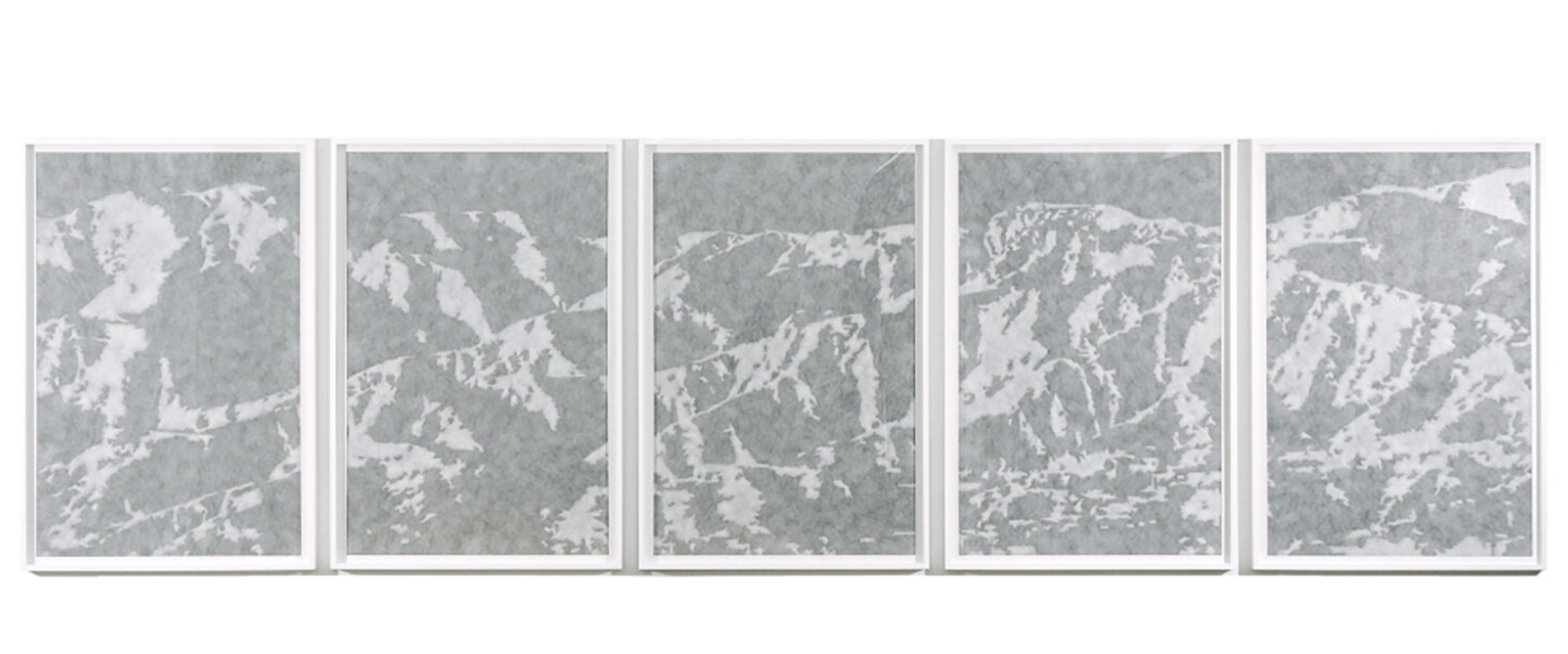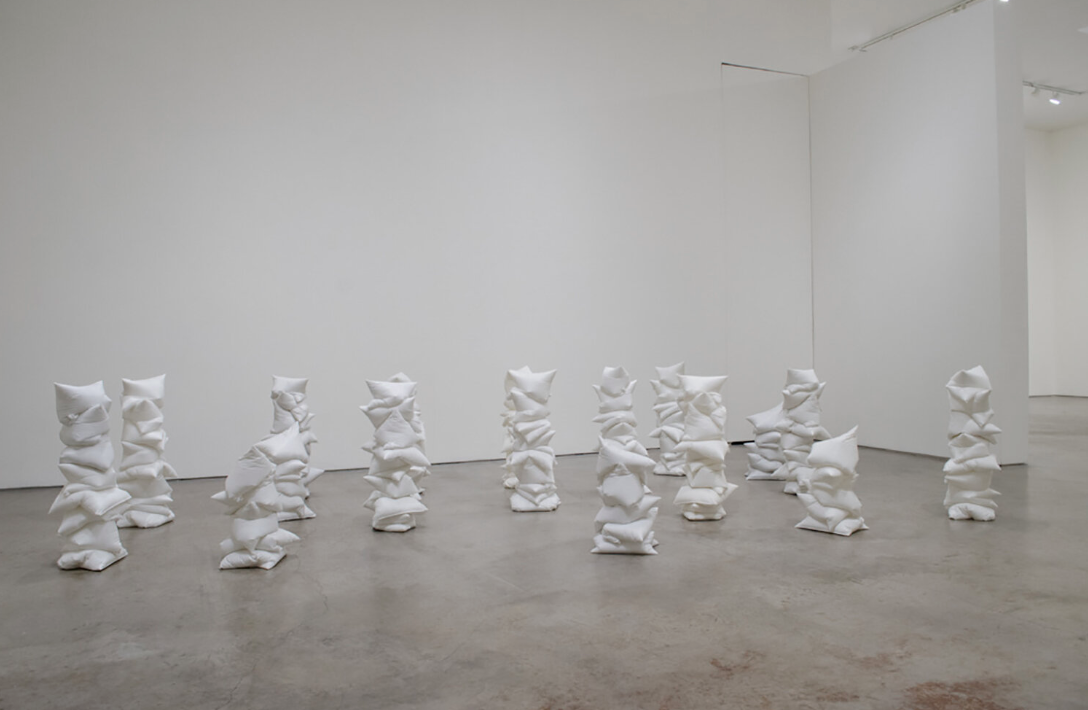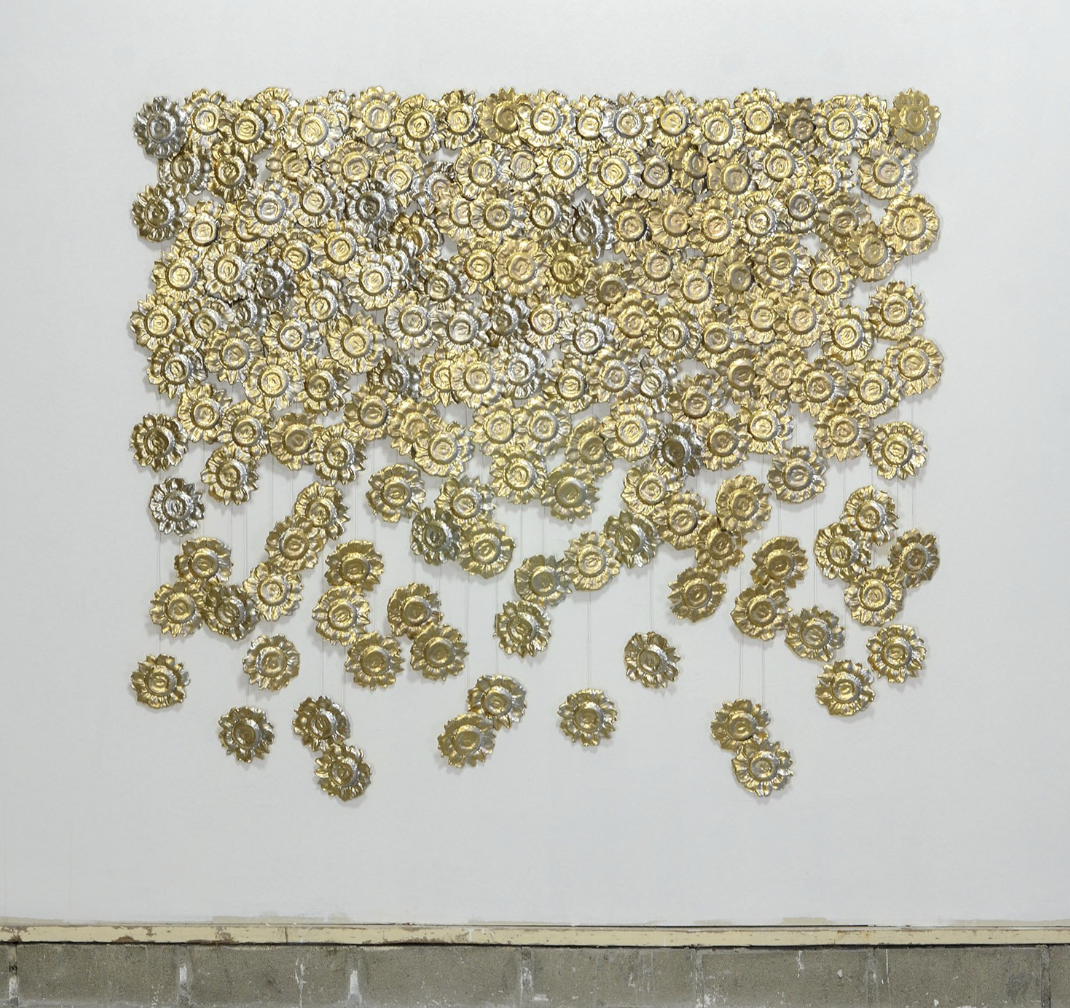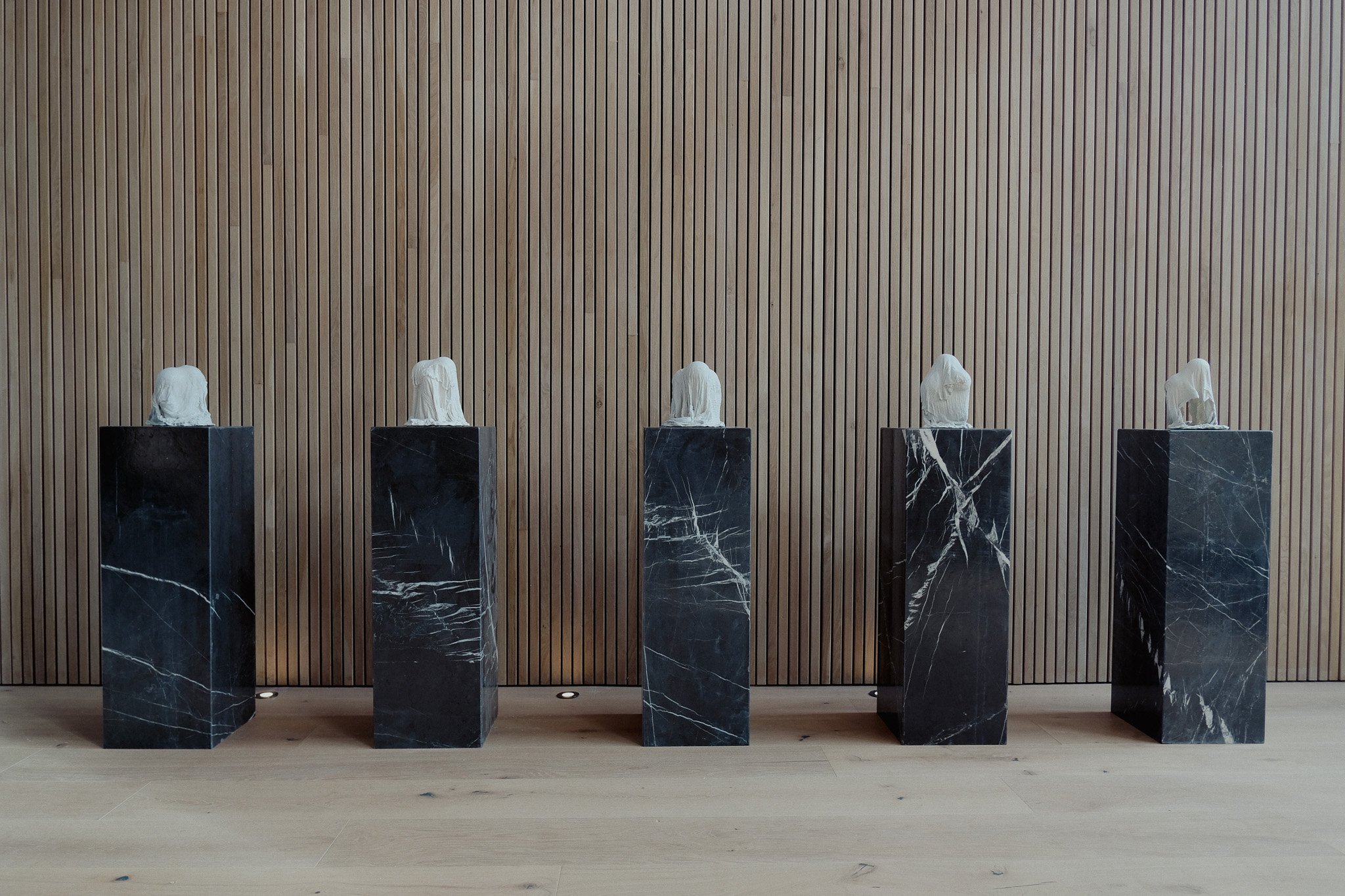Meet the artist: Joe davidson
What is your first memory of making art?
I don’t know if I was actually making art, but I remember my mother enrolled me in painting classes when I was 9 or 10 years old. I grew up in semi-rural Massachusetts, would ride my bike across town to this elderly husband and wife’s art studio, and make paintings based on magazine pictures. I did this oil painting on board of a polar bear from a National Geographic photo. Funny enough, my mother just found the painting while cleaning out her attic.
What other artist do you admire? Why?
That’s a long list. If I were to choose one, I would probably say Robert Gober. I get excited every time I hear that he has a new show in the same way I would get excited about a new album is coming out from a certain band. I think his sculpture has this amazing balance of handmade craft and fabrication. I deeply admire his surreal sense of storytelling. When I see his work, it makes me pay attention to every detail. Plus, his Catholic sensibility hits pretty close to home. I feel like he spent a lot of time in church looking at the stained glass windows.
What is your ideal day in studio?
I tend to work on a few pieces or projects at once, so an ideal day would be one in which I finish a project, get ahead on another project or two, and have something to look forward to tomorrow. Also, a pretty good day is one in which I don’t break anything.
What are your favorite media to express yourself?
I jump around a lot with different media. But, because of the nature of my work, I keep coming back to certain materials that I associate with sculpture – plaster, resin, and recently I started working with porcelain. Interestingly, all those materials go through some transformation that’s outside my control. I think there’s something about working with a material that lets me control it, but then tells me it still has a mind of its own.
What type of art do you most identify with?
I don’t think it’s immediately obvious, but I feel a rich kinship with the Italian Arte Povera artists of the 60’s and the Japanese Mono-Ha artists. They both are driven by a deep connection to materials, regardless of the materials’ art status. They always show me that you can make some of the best poetry out of nothing.
What does being creative mean to you?
Shifting your perspective on what is generally considered to be reality.
Do you find the artistic life lonely? What do you do to counteract it?
It can be lonely. I work from a studio at home, which has mixed blessings. There’s a great convenience to being able to work throughout the day. But, I do miss spontaneous conversations when working in a building with other artists (at least that’s my perception of it – not sure if it actually happens that much). As a result of having a studio at home, it almost makes me more social by inviting people over for visits or asking other artists if I can visit them.
What role does the artist have in society?
I think the artist is someone who shares hard truths with the world, while also showing the world just how malleable those truths are.
What memorable responses have you had to your work? Did you find it valid? And how has that affected your practice or work?
One thing that has been happening is when people ask if they can touch the work. Some people feel compelled to touch some of the sculptures, which makes me think they are having some form of body-response that is beyond the visual and the intellectual. It’s been happening for 25+ years now. I love it.
What do you dislike about the art world?
The business side of it. The more I’m in the art world, the more random a lot of artist ‘success’ seems to be. I see so many careers take off, while so many others just never seem to get off the ground. There’s a similar parallel in acting. It can really feel like the lottery at times.
What do you like about the art world/ or art community?
The ideas! The vast majority of people I have met in the art world are extremely curious, engaged, and want to share. Most of the community is strong and supportive (if a bit disorganized). I believe that, in art, you have to believe in magic to some degree. You get a lot of different people with very different ideas, but all of whom believe in magic. It’s pretty incredible.
Which creative medium would you love to pursue but haven’t yet?
Film. I wish I spent more time developing the story-teller side of creation.
What is your dream project?
Something on the scale of Kapoor’s Dirty Corner project at Versailles or Eliasson’s waterfalls in New York.
What do you like about your work?
There are times when things come out completely differently than what I expected. Those accidents still surprise me and send me down rabbit holes that make me get up every morning.
What do you dislike about your work?
When a piece I’m working on tells me it wants to be a certain way, but I don’t have the skill level to get it there.



